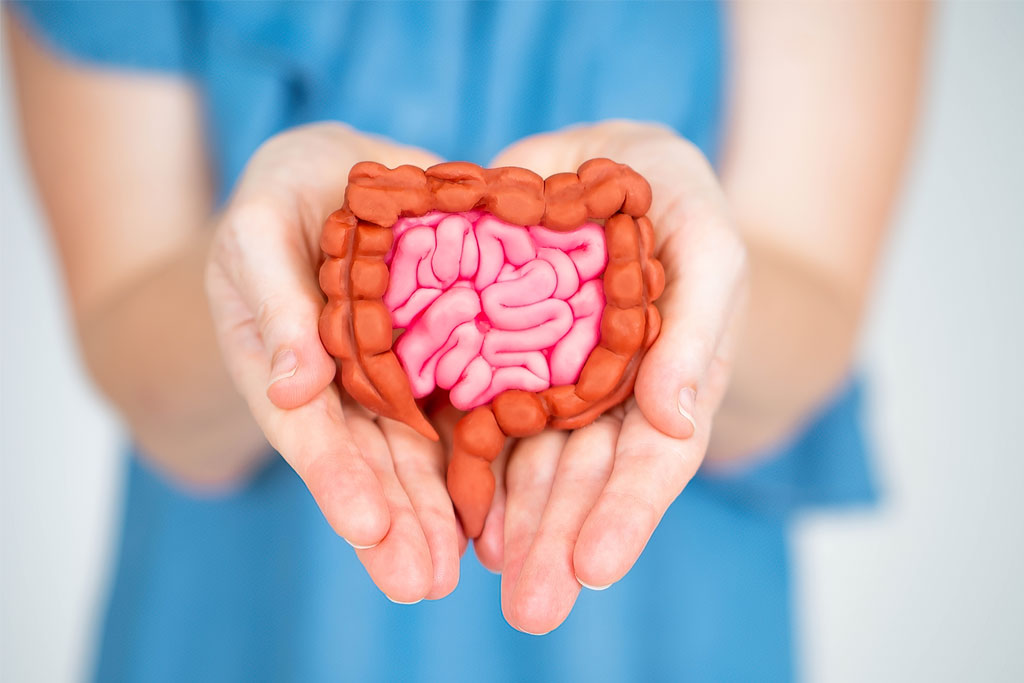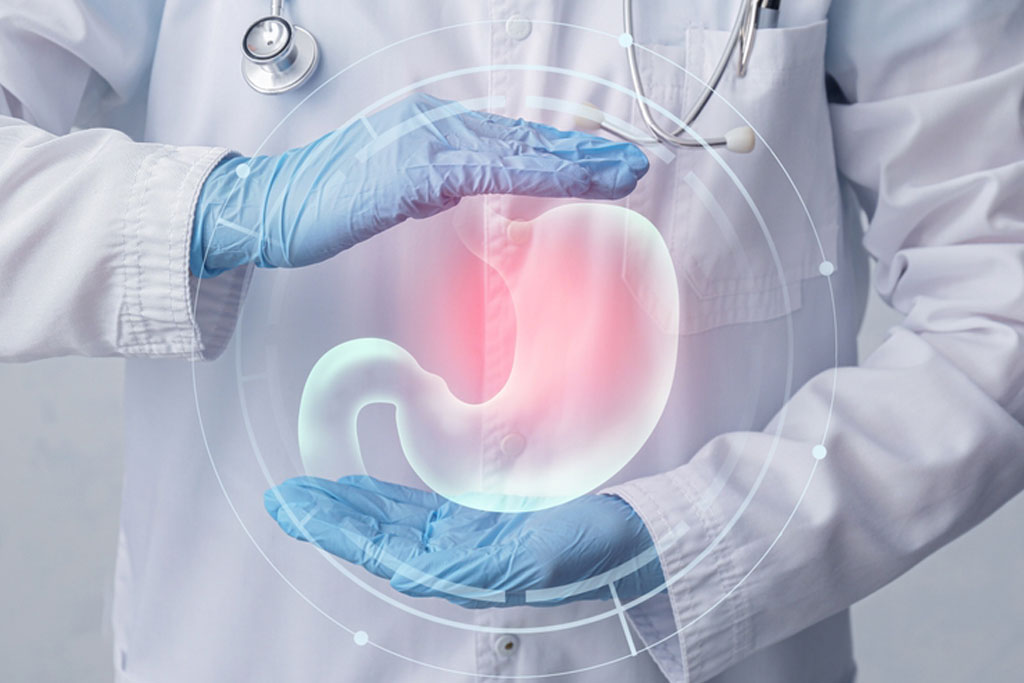1. Eat a Balanced Diet
A balanced diet rich in fiber, fruits, vegetables, lean proteins, and whole grains supports a healthy gut. Fiber, in particular, is crucial as it helps regulate digestion and feeds beneficial gut bact eria. Include foods like:
- Fruits and Vegetables: Apples, bananas, berries, leafy greens, and broccoli.
- Whole Grains: Oats, quinoa, brown rice, and whole wheat.
- Lean Proteins: Fish, chicken, tofu, and legumes.
2. Incorporate Probiotics and Prebiotics
Probiotics are live bacteria that provide health benefits when consumed, while prebiotics are non-digestible fibers that feed these beneficial bacteria. Together, they help maintain a balanced gut microbiome.
- Probiotic-Rich Foods: Yogurt, kefir, sauerkraut, kimchi, and miso.
- Prebiotic Foods: Garlic, onions, leeks, asparagus, and bananas.
3. Stay Hydrated
Drinking plenty of water aids digestion by helping break down food and absorb nutrients. Aim for at least 8 glasses of water a day, and increase your intake if you’re active or live in a hot climate.
4. Exercise Regularly
Regular physical activity promotes healthy digestion by stimulating intestinal muscles. It also helps reduce stress, which can have a positive impact on your gut health. Aim for at least 30 minutes of moderate exercise most days of the week.
5. Manage Stress
- Mindfulness and Meditation: Practice deep breathing, yoga, or meditation.
- Adequate Sleep: Ensure you get 7-9 hours of quality sleep per night.
- Hobbies and Relaxation: Engage in activities you enjoy to unwind.
6. Avoid Smoking and Limit Alcohol
Smoking and excessive alcohol consumption can harm your digestive system and disrupt the balance of gut bacteria. Quitting smoking and limiting alcohol intake can significantly improve gut health.
7. Limit Processed Foods and Sugars
Processed foods and high-sugar diets can negatively affect gut bacteria and lead to digestive problems. Opt for whole, unprocessed foods and reduce your intake of sugary snacks and beverages.
8. Chew Your Food Thoroughly
Properly chewing your food aids digestion by breaking it down into smaller pieces, making it easier for your stomach to process. Take your time while eating and savor each bite.
9. Listen to Your Body
Pay attention to how different foods and habits affect your gut. Everyone’s digestive system is unique, so it’s important to recognize and avoid triggers that cause discomfort.



